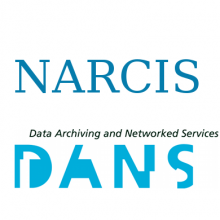Resource information
This paper argues that pastoral commons are under increasing pressure not just from overuse by pastoralists themselves, but from land management policies. Since colonial times, these have been based on a persistent misconception of the nature of pastoral economies and combined with increasing land alienation and fragmentation through government policies and covert privatisation of pastures. The paper focuses especially on pastoral populations in African drylands and is based on long-term research by independent researchers summarising some of their experiences in western, eastern and southern Africa. Most of them are organised in the African Drylands Dialogue, trying to shed some light on the developments in these areas. Before discussing the actual situation of African pastoralists, the authors focus on basic institutional features of the political and economic management of common grazing lands. This is followed by an overview of land alienation processes in colonial times, which serves as a basis for understanding the current land alienation constellations. The paper then moves on to explain how and why pastoralists are framed by the national discourses as the 'other' and the 'troublemaker', even being labelled as terrorists in nation state contexts. This goes hand in hand with a new wave of land alienation in the form of large-scala land acquisitions or 'land grabbing' (including water grabbing and 'green grabbing' processes). The paper then outlines different coping and adaptation strategies adopted by pastoral groups in a context in which a range of different global and local political, economic and ecological situations interrelate ('glocar). Finally, the paper discusses the way in which pastoralism could be refra med in a participatory way in the future.


